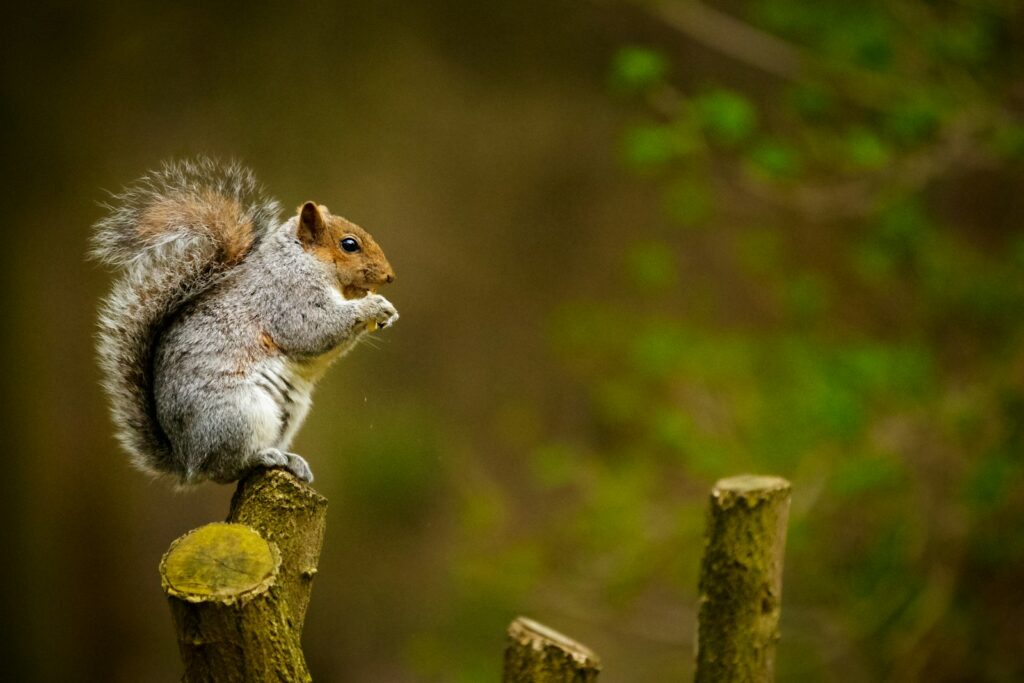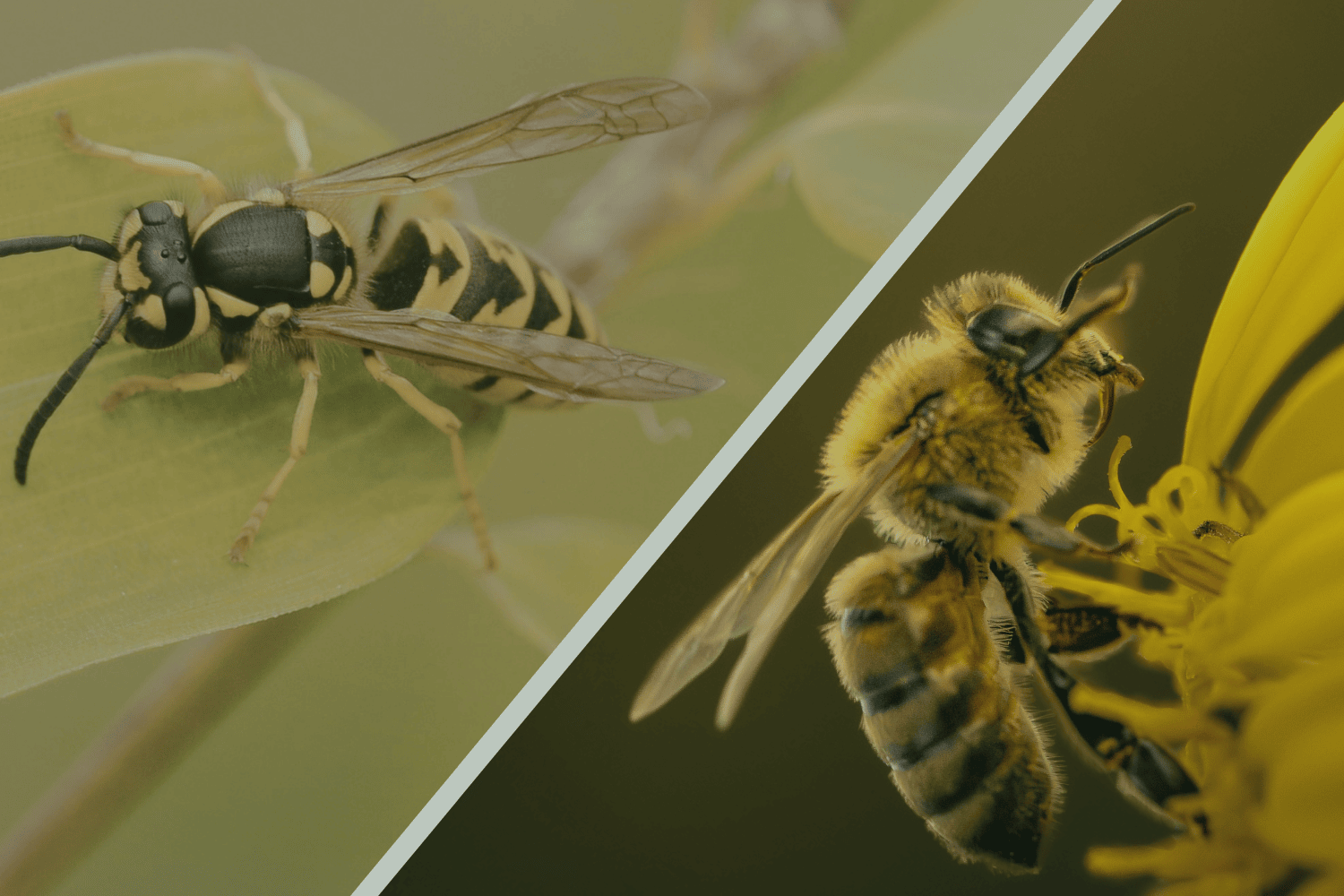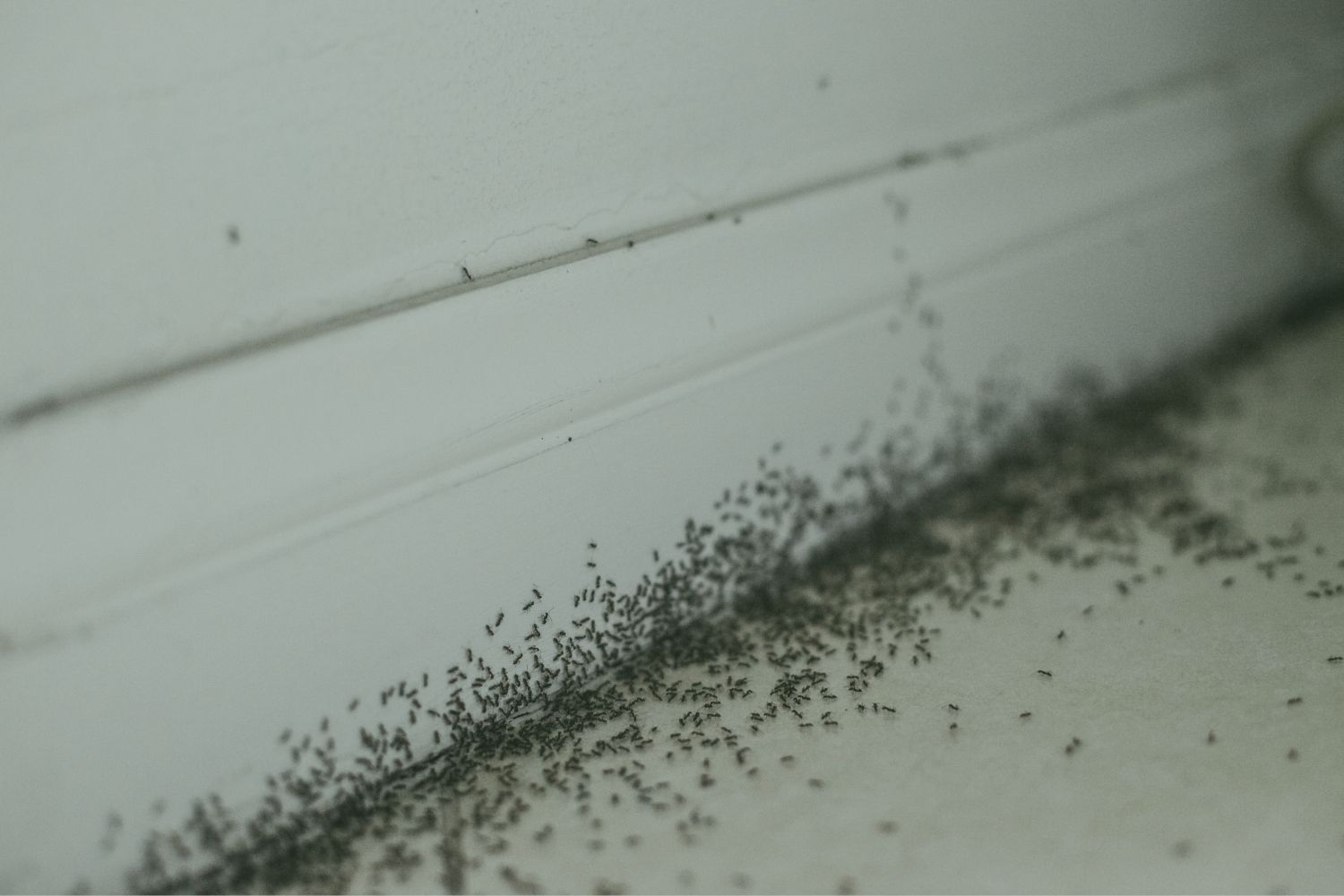
If you’ve ever watched a squirrel dart across your yard or climb a tree with ease, you might have wondered, are squirrels rodents? Many people think of rodents as rats or mice and often forget that squirrels may fall into the same group. Knowing the answer helps homeowners understand the risks and take the right steps when these furry creatures sneak into attics or chew on wires.
Understanding how squirrels are classified can make a big difference in how you handle them. Let’s dive into what makes an animal a rodent and what that means for your home.
What Makes an Animal a Rodent
Rodents belong to the scientific order Rodentia. These animals are known for their strong front teeth that grow continuously. They must gnaw on things to keep their teeth from getting too long. This feature isn’t just a fun fact. It’s a behavior that causes real damage in homes.
Rodents usually have:
- One pair of sharp, chisel-like incisors in the upper and lower jaws
- A need to chew on hard surfaces to keep teeth worn down
- A diet that includes nuts, seeds, fruits, and sometimes insects
- A small to medium-sized body
- High reproductive rates, which make infestations worse quickly
Common examples include rats, mice, hamsters, and guinea pigs. But where do squirrels fit in?
Yes, Squirrels Are Rodents
So, are squirrels rodents? Yes, they absolutely are. Squirrels belong to the Rodentia order, just like rats and mice. Their family is Sciuridae, which includes ground squirrels, flying squirrels, and tree squirrels.
They share the same dental structure and gnawing habits. That’s why you’ll often find signs of chewing on wood, wires, or insulation when squirrels are around. Despite their bushy tails and cute appearances, squirrels have more in common with rats than most people realize.
Their rodent classification is the reason they become pests in and around homes. It’s not just about where they live. It’s about how they behave and what they can damage.

Source: National Fire Protection Association
Why It Matters
Once you realize squirrels are rodents, it changes how you see them. They’re not just outdoor animals looking for food. They’re invaders that can cause serious problems inside your home.
Here’s why it matters:
- Chewing Damage: Their teeth never stop growing. That means they constantly chew on wood, plastic, and even electrical wires. This habit can spark house fires.
- Home Entry: Like other rodents, squirrels are skilled at finding small gaps in roofs, vents, and siding.
- Nesting Behavior: They bring in leaves, sticks, and other debris to make nests in attics or chimneys.
- Noise and Smells: Squirrels in the attic often mean scratching sounds, droppings, and bad odors.
Squirrels don’t just visit. They settle in. And when they do, they behave just like the rodents they are.
Signs You May Have Squirrels in Your Home
It helps to know the signs early. If squirrels are in or around your home, you may notice:
- Scratching or scampering sounds above your ceiling, especially early in the morning or late at night
- Chewed wood, wires, or insulation near the attic or roofline
- Small entry holes along the eaves or vents
- Nesting materials like leaves or shredded insulation inside the attic
- Droppings near insulation or ductwork
- A strong urine smell that lingers in closed spaces
Because squirrels are rodents, these signs are often confused with other pest activity. But squirrels tend to be louder and more active during the day than rats or mice.

How to Prevent Squirrel Problems
Keeping squirrels out starts with prevention. They’re clever climbers and strong chewers, so it takes more than just luck. To reduce your risk:
- Trim tree branches that hang over your roof
- Seal any small openings along the roof, vents, or chimney with metal mesh or durable hardware cloth
- Install chimney caps and vent covers to block access points
- Avoid feeding wildlife and remove bird feeders that attract squirrels
- Keep food waste sealed and trash cans tightly closed
These steps help, but they’re not foolproof. Because squirrels are rodents, they’ll find creative ways to return if they see an opportunity.
Why DIY Isn’t Always the Best Choice
Removing squirrels might seem simple at first. But there are several reasons to call a professional instead.
- Safety risks: Squirrels can bite or scratch if they feel threatened
- Legal concerns: Some states regulate the trapping and release of squirrels
- Recurrence: Without proper sealing, squirrels often return within days
- Hidden nests: You might remove one squirrel and leave behind babies or multiple others
Are squirrels rodents? Yes, and they’re among the most persistent ones. Professional pest control experts use humane methods, identify all entry points, and create long-term prevention strategies.
Conclusion
So, are squirrels rodents? Without a doubt. They may look charming outside, but inside your home, they’re just as destructive as any rat or mouse. Their constant chewing, nesting habits, and sneaky ways of getting indoors make them a real threat to homeowners.
If you’ve seen signs of squirrels or just want to prevent them from getting in, don’t wait. Contact our pest control team today. We’ll help you remove squirrels safely and keep them from coming back. Remember—because squirrels are rodents, they need to be taken just as seriously.
Honey Bee vs Yellow Jacket: Which One Is in Your Yard?
If you have noticed stinging insects flying around your yard in Olympia, you are not alone. As temperatures rise across Thurston County, activity increases around…
How Moisture Problems Invite Ants and Other Pests
In Olympia and throughout the South Sound, moisture is part of everyday life. Between frequent rainfall, cool temperatures, and shaded properties, homes often stay damp…





